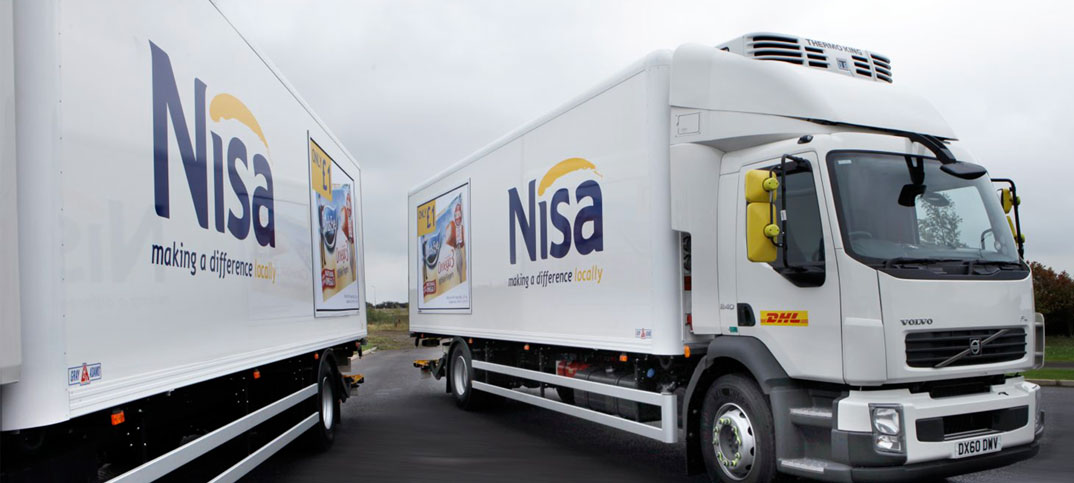Independent convenience retailers should avoid trying to compete with the multiples on price if they want to succeed.
Speaking to Retail Express, Nisa chief executive Nick Read warned small stores from attempting to beat their supermarket competitors’ low prices.
“We tell our members not to try and compete with the big four or discounters on price,” he said. “You’ve got to have a unique selling proposition, whether that’s service, relationships or product mix.
“It’s not a race to the bottom on price. That’s what we’re seeing with our more progressive retailers – they’re putting in post offices, click & collect and other innovative services to secure their future.”
The advice came as Nisa secured a deal with McColl’s Retail Group (MRG) to supply 298 convenience stores from next year.
You’ve got to have a unique selling proposition, whether that’s service, relationships or product mix
“In the industry at the moment, the importance of scale can’t be underestimated,” he said. “This deal will give us distribution efficiency and buying efficiency. We’ll have more distribution efficiency in fresh and chilled, which will help our broader members.”
He said the McColl’s announcement was a lesser risk than previous deals, such as the supply deal with My Local in October 2015, which collapsed less than nine months later when the convenience chain entered administration.
“There are parallels between this and the My Local deal,” he said.
“Clearly this is a much bigger deal – there are 298 stores involved, whereas My Local was 130 stores, and the product mix is not that dissimilar. However, MRG is well-funded, and they’ve taken on Co-op stores before so they understand the customer base. In that sense, the risk that we had with My Local is not there.”
Read added that Nisa would continue to seek out large-scale deals, noting that Nisa’s fluidity was an advantage.
“Large deals of this size come around once or twice a year, if that, but I see large contracts as an important part of the mix,” he said. “We want to encourage larger players to join our business. We could do business with discounters, larger chains and companies from an array of other sectors.”
One part of the sector that is particularly interesting to Nisa is the forecourt arena.
“We see it as an opportunity,” Read explained. “We’ll be looking carefully at that more fragmented part of the sector.”




Comments
This article doesn't have any comments yet, be the first!